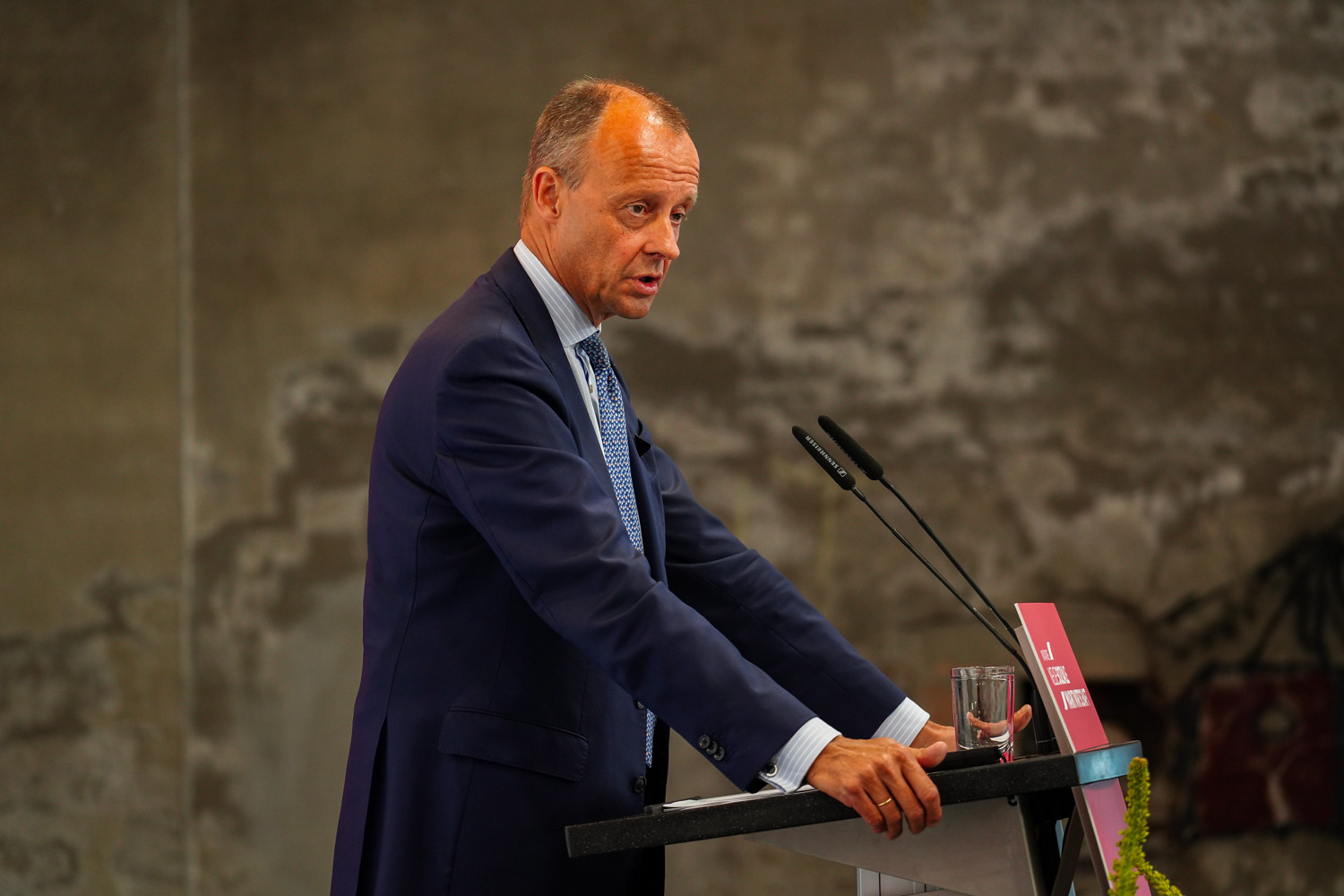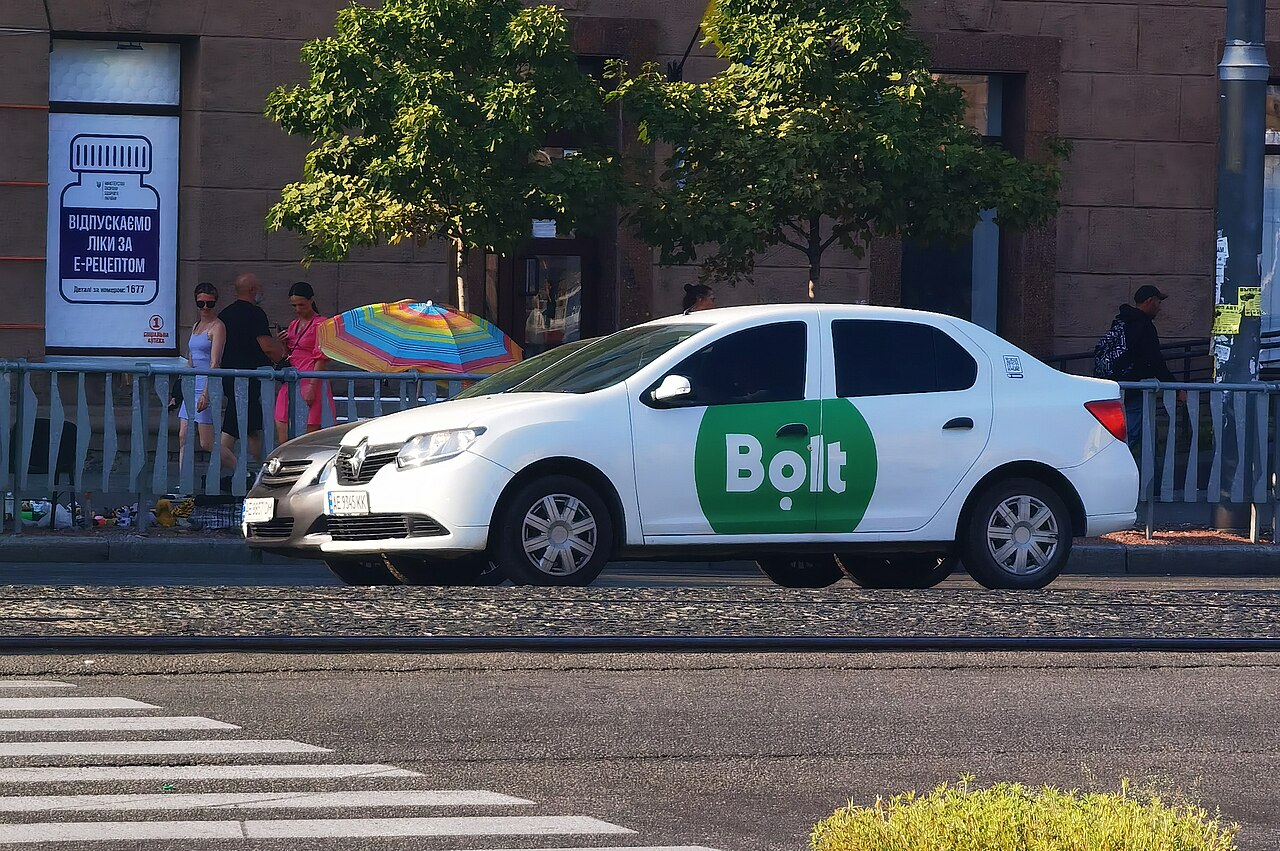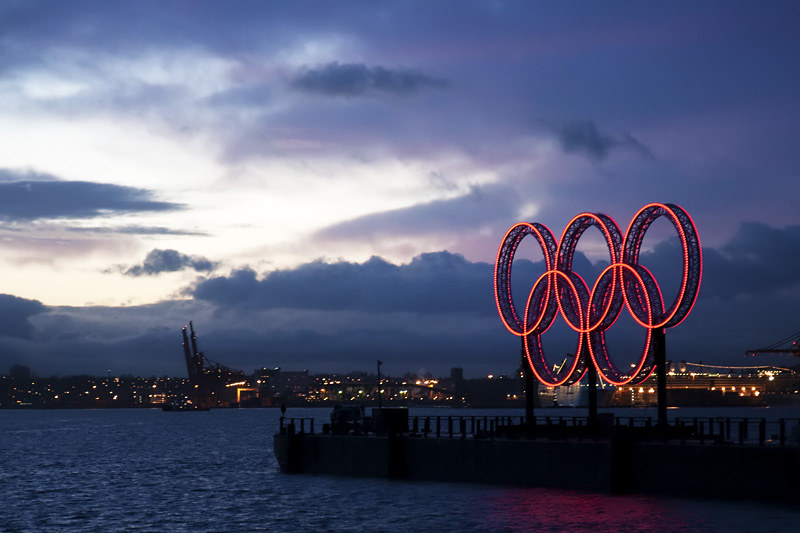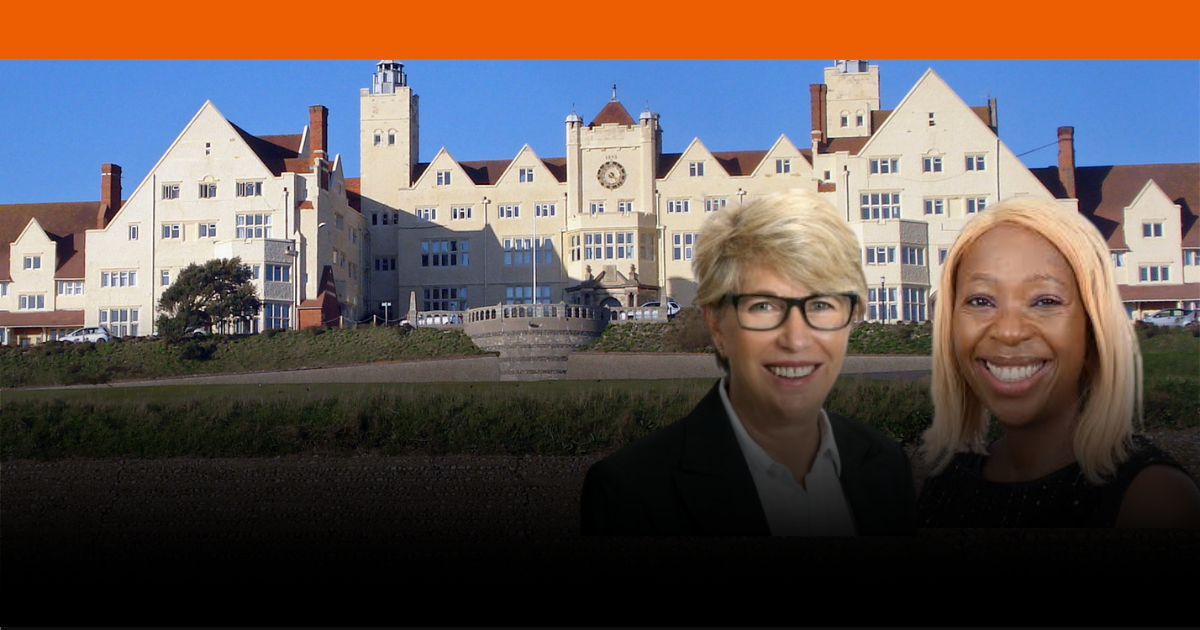Germany just had a political rollercoaster of an election, and while it avoided a full tilt to the far-right, the warning signs are flashing.
Germany has a multi-party system, meaning no single party usually wins outright, and coalitions are needed to govern. Much like South Africa these days. The elections took place on 23 February, and the results, released yesterday, have set the stage for intense coalition talks.
Two former opposition parties won the most votes – 29%: the Christian Democratic Union (CDU) and its partner, the Christian Social Union (CSU) – from Bavaria, the country’s largest and most conservative state.
But at less than a third of the vote, they need coalition partners to govern, and this is the real shocker: They may be forced to work with the far-right Alternative for Germany (AfD), which surged to a record 20.8% share of the vote in this election, roughly doubling its seats in parliament.
Merz is primarily negotiating a coalition with the Social Democrats (SPD), led by Lars Klingbeil, who have agreed to commence talks but emphasise that their support is not guaranteed.
Regarding the timeline, Germany’s legal system does not impose a strict deadline for forming a coalition government. However, prolonged negotiations can lead to political uncertainty. Merz aims to establish the new government by mid-April.
Given Germany’s Nazi history, the AfD is still largely locked out of power due to a “firewall” policy, where mainstream parties refuse to govern with them. Think of how parties in South Africa came together to prevent the MK Party from getting into power because of their extremist and dangerous views – it’s a little similar.
The right-wing party has, rightfully, in our view, been marginalised because of their controversial stance:
- Historical revisionism: Some members have made statements downplaying the severity of Nazi crimes, with one politician referring to himself as the “friendly face of National Socialism.”
- Climate policy: The party opposes green initiatives, calling for an end to clean energy mandates and expressing scepticism towards climate change.
- Immigration: Advocating for strict controls, the AfD proposes eliminating individual asylum hearings and establishing foreign holding camps.
That hasn’t stopped their co-leader, Alice Weidel, from celebrating this recent surge in votes. And guess who called to congratulate her? None other than Elon Musk. The Tesla CEO and tech billionaire, who has been increasingly vocal in global politics (much to South Africa’s irritation), backed the AfD during the campaign, even posting about their success on social media. Musk, a staunch opponent of mass immigration and EU regulations, sees the AfD as Germany’s “best hope for the future”.
Musk’s involvement didn’t stop there. He appeared via video at an AfD rally, urging Germans to “move beyond” their historical guilt – a controversial statement given the country’s Nazi past. This drew sharp criticism from various quarters, including the chairman of the World Holocaust Remembrance Center, who accused Musk of insulting victims of Nazism. Additionally, Musk faced backlash for making a gesture resembling a Nazi salute during President Trump’s inauguration, which he later dismissed as an “awkward gesture.”
The rise of the far-right isn’t just a German issue – it’s part of a broader European trend. Across the continent, anti-immigration and nationalist parties are gaining ground, and Trump’s influence is only adding fuel to the fire. For now, Germany has kept the AfD at bay, but with voter frustration over immigration and the economy growing, the threat of a hard-right turn isn’t going away anytime soon. If the party continues to gain power, the centrists will be forced into a coalition with them.
For now, the new chancellor, CDU leader Friedrich Merz, a business-friendly conservative, is already saying his piece. In his victory speech, he declared that Germany must become more independent from the US, a not-so-subtle jab at Donald Trump’s foreign policy chaos and Musk’s attempt to influence his country’s politics. Trump’s recent decision to hold peace talks with Russia – without including Germany or Ukraine — only fuelled European anxiety, pushing Merz and others to advocate for a stronger, more self-reliant Europe.As Merz scrambles to form a coalition, Europe watches closely. Will he stabilise Germany’s politics or be forced to borrow policies from the hard-right to keep voters onside? Either way, the far-right isn’t going anywhere – and with backers like Musk in their corner, they’re only getting louder.
Emma is a freshly graduated Journalist from Stellenbosch University, who also holds an Honours in history. She joined the explain team, eager to provide thorough and truthful information and connect with her generation.




